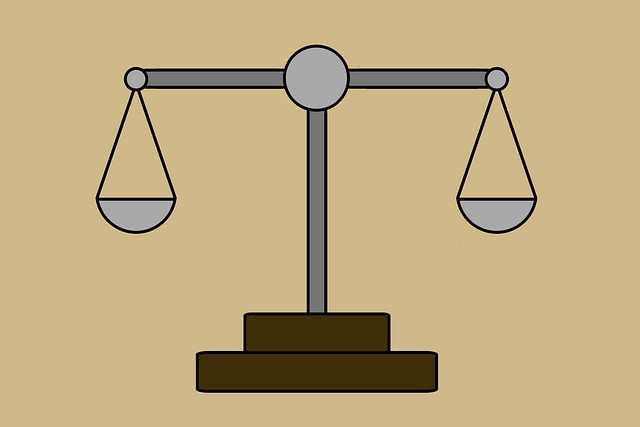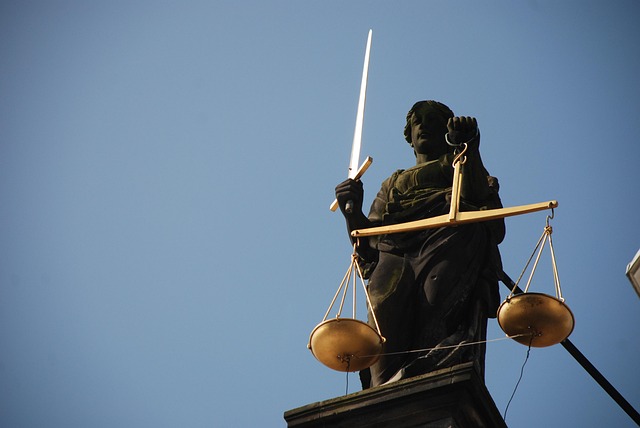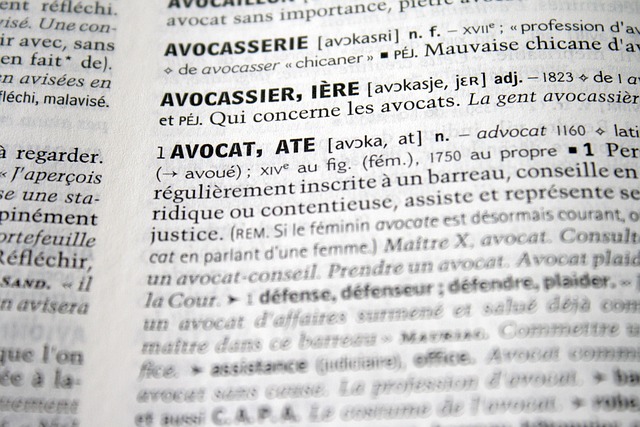Antitrust laws are designed to promote fair market practices and maintain competition, preventing companies from engaging in activities like price-fixing or market division that harm consumers. Violations can lead to severe legal consequences, making Legal Assistance for Environmental Regulation Violations critical, as these cases require specialized knowledge of both environmental regulations and antitrust law. Facing antitrust charges demands a robust legal strategy, including assembling experienced attorneys who can challenge allegations, scrutinize evidence, and protect clients' rights against overwhelming legal challenges. Specialized law firms with expertise in both areas provide powerful assistance, navigating complex cases and advocating for strategic guidance and comprehensive case handling to uphold legal integrity.
“In today’s competitive market, understanding antitrust laws and their purpose is paramount for businesses. This article guides you through a comprehensive exploration of antitrust violation cases, from identifying potential red flags in business practices to the significant impact of environmental regulation breaches.
We’ll delve into effective legal strategies for defense against antitrust charges and offer a practical guide on seeking legal assistance tailored to environmental compliance cases, emphasizing the importance of proactive measures.”
- Understanding Antitrust Laws and Their Purpose
- Identifying Potential Antitrust Violations in Business Practices
- The Impact of Environmental Regulation Violations on Businesses and the Public
- Legal Strategies for Defending Against Antitrust Charges
- Seeking Legal Assistance: A Guide for Environmental Compliance Cases
Understanding Antitrust Laws and Their Purpose

Antitrust laws, often referred to as competition or anti-monopoly laws, are designed to promote fair market practices and maintain a competitive business environment. These laws aim to prevent companies from engaging in activities that restrict trade, suppress competition, or exploit consumers. The primary purpose is to ensure that businesses operate within a transparent and equitable system, fostering innovation and consumer choice.
Understanding these laws is crucial for both businesses and individuals seeking Legal Assistance for Environmental Regulation Violations. Antitrust legislation varies across the country, but common violations include price-fixing, market division, and monopolistic behavior. When a respective business engages in such practices, it can lead to significant legal repercussions, including jury trials and substantial fines.
Identifying Potential Antitrust Violations in Business Practices

Identifying potential antitrust violations in business practices is a complex task that requires keen legal analysis and an understanding of market dynamics. Businesses often operate within intricate networks, and what may seem like routine competitive strategies could be indicative of anti-competitive behavior. Legal professionals specializing in this field play a crucial role in scrutinizing these practices. They examine agreements, partnerships, pricing strategies, and market share to uncover any unethical collaborations or actions that restrict competition, such as price fixing or market division.
Seeking legal assistance for environmental regulation violations is also becoming increasingly important as businesses expand globally and face intricate legal landscapes. While not all antitrust issues are directly linked to environmental concerns, the rise in cross-sectoral business activities demands a comprehensive approach. A winning challenging defense verdict often relies on meticulous research, strategic planning, and a deep understanding of both industry specifics and antitrust laws. Achieving extraordinary results in these cases can be life-altering for businesses, ensuring fair practices and a level playing field within the market.
The Impact of Environmental Regulation Violations on Businesses and the Public

Environmental Regulation Violations can have far-reaching consequences for businesses and the public alike. When companies disregard ecological standards set by governing bodies, it leads to significant environmental damage, impacting local ecosystems, communities, and even global climate patterns. These violations disrupt the delicate balance of nature, posing risks to public health and safety.
The repercussions extend beyond immediate environmental degradation. Businesses found guilty often face substantial fines, legal proceedings, and reputational harm, which can cripple their operations and deter future investment. Moreover, the respective business sectors may suffer industry-wide backlash from consumers, philanthropic organisations, and political communities concerned with sustainability, leading to a potential loss of market share and competitive advantages across the country. Legal Assistance for Environmental Regulation Violations becomes crucial in guiding companies towards compliance, mitigating penalties, and fostering a culture of environmental stewardship.
Legal Strategies for Defending Against Antitrust Charges

Facing antitrust charges can be a complex and daunting task, but robust legal strategies exist to defend against such accusations. One crucial step is to assemble a team of experienced attorneys specializing in antitrust law. These legal professionals can provide invaluable guidance tailored to the specific violation allegations. They will thoroughly review the case, assess the strength of evidence, and identify potential loopholes or weaknesses in the prosecution’s argument.
The defense strategy often involves challenging the interpretation of market dynamics and behavior presented by the opposing side. This may include examining the relevant market definitions, assessing the impact of alleged conduct on competition, and demonstrating that the actions were not anti-competitive but rather legitimate business decisions. Legal assistance for environmental regulation violations—a specialized field within antitrust law—requires attorneys who understand both the legal intricacies and the unique challenges posed by these cases. Across the country, many law firms have gained expertise in achieving extraordinary results for their clients accused of antitrust violations, employing innovative tactics to protect their rights and interests.
Seeking Legal Assistance: A Guide for Environmental Compliance Cases

When faced with an antitrust violation case, especially one involving complex environmental regulations, seeking legal assistance is paramount to navigating this intricate landscape. The importance of finding a law firm specialised in both antitrust and environmental law cannot be overstated. For his clients, this expertise translates into a powerful ally in what can often seem like an overwhelming legal challenge. With an unprecedented track record of winning challenging defense verdicts, these specialists are equipped to provide strategic guidance throughout the process.
They offer a comprehensive approach, leveraging their in-depth knowledge of environmental compliance requirements and antitrust laws. This ensures that all aspects of the case are meticulously handled, maximising the chances of a positive outcome. Their goal is not just to defend against allegations but to protect the interests of clients while upholding legal integrity.
In navigating complex business landscapes, understanding and adhering to antitrust laws is paramount. This article has provided valuable insights into identifying potential violations, the impact on businesses and society, and strategic defenses. For those facing antitrust violation cases, especially concerning environmental regulation, seeking expert legal assistance for effective navigation and compliance is crucial. By leveraging professional guidance, businesses can ensure they meet their legal obligations while mitigating potential penalties. This ensures a fair market while fostering sustainable practices through legal assistance for environmental regulation violations.






